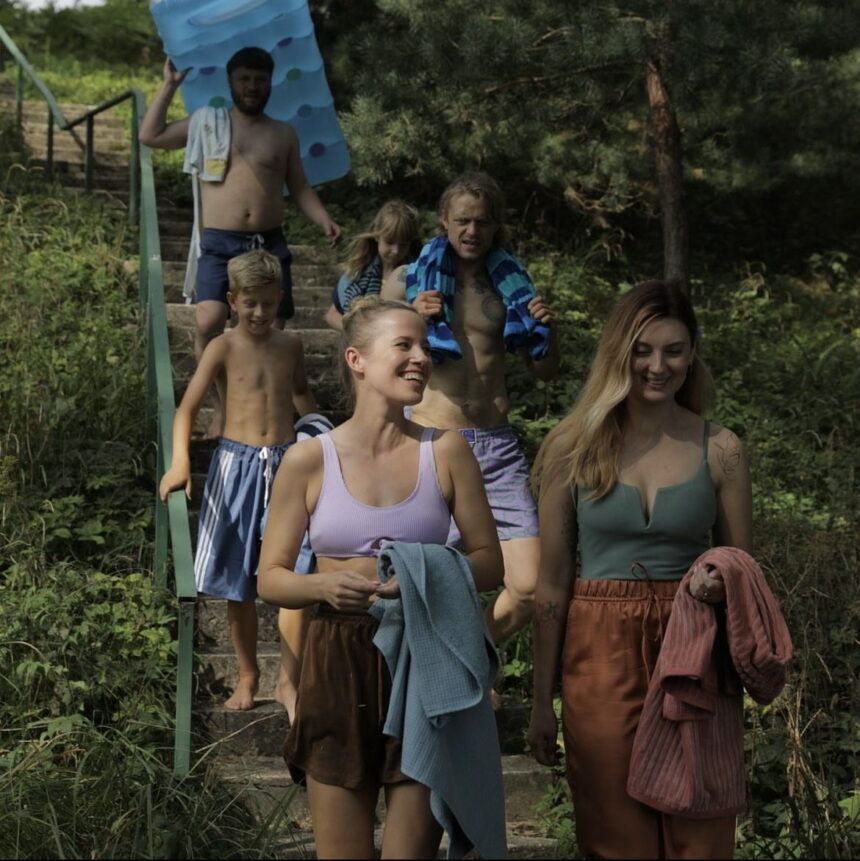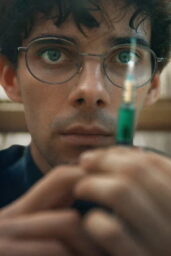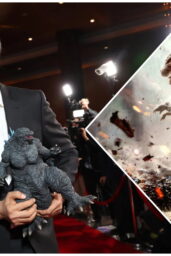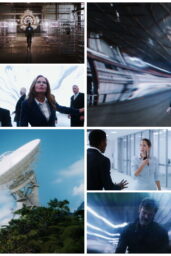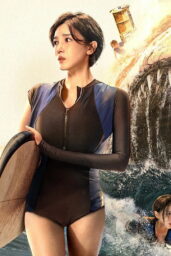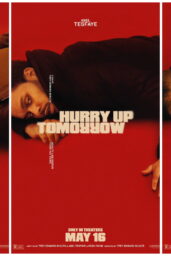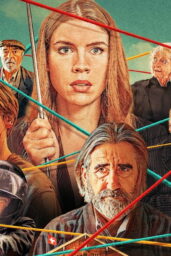Nothing in the new trailer for Drowning Dry prepares you for how quiet pain can scream.
The U.S. trailer for Laurynas Bareiša's Drowning Dry just dropped—and while most film previews are all about raising heart rates, this one feels more like it's slowing your pulse to the point of suffocation.
A sudden stillness. A frozen lake. A look between two sisters that says everything and nothing. This isn't just Baltic cinema doing what it does best—this is Bareiša bending the “trauma drama” genre into a chilling, post-accident spiral that dares you to look away.
And here's the twist: it's not the content that unsettles. It's the form.
Subversion in 2.5 Minutes: What This Trailer Doesn't Do (and Why That's Brilliant)
Forget swelling strings. Forget teary monologues. The trailer for Drowning Dry leans hard into negative space—visually, emotionally, even narratively. Every cut feels like a door you weren't ready to open.
The tension isn't in what's said. It's in what's not. It's the “dry” in dry drowning—a condition that feels fine until it isn't. And that's exactly how the trailer moves. Quiet. Intimate. Then—snap—you're under.
It's no surprise Bareiša handled the cinematography himself. As The Hollywood Reporter put it, his “sober, carefully orchestrated shots” recall Michael Haneke—but there's something even more fractured here. It's Haneke filtered through Baltic grief and millennial dread.
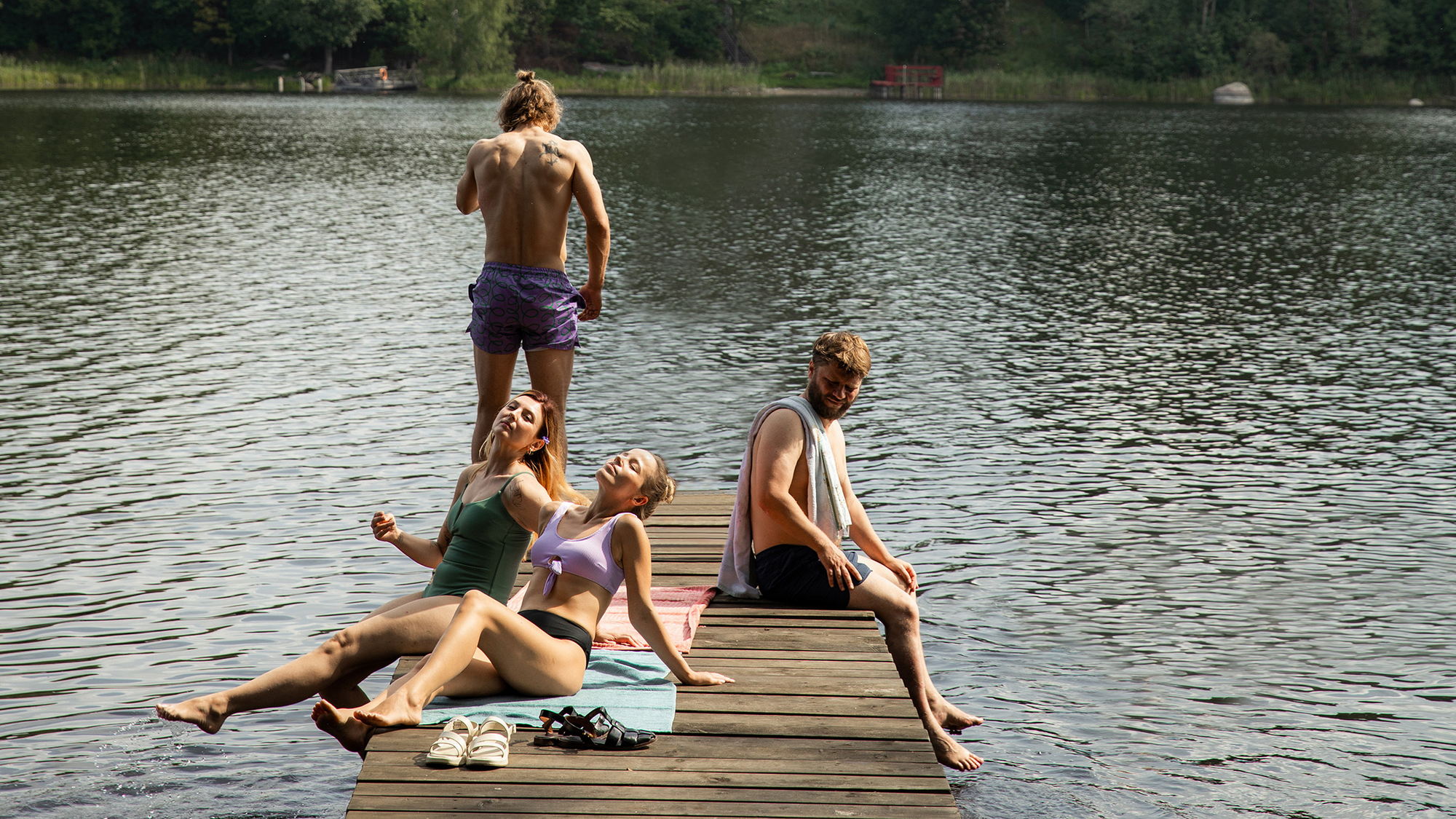
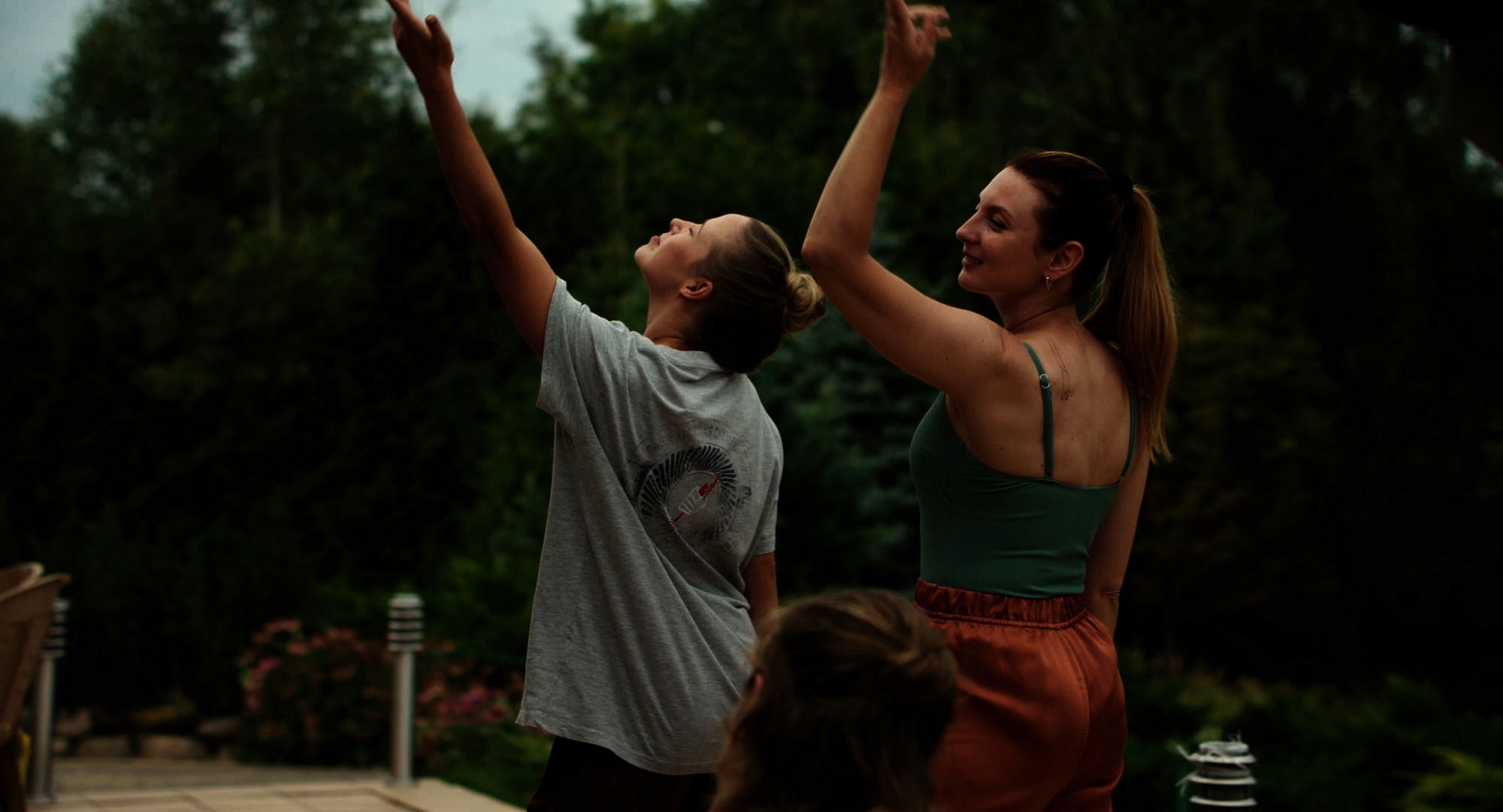
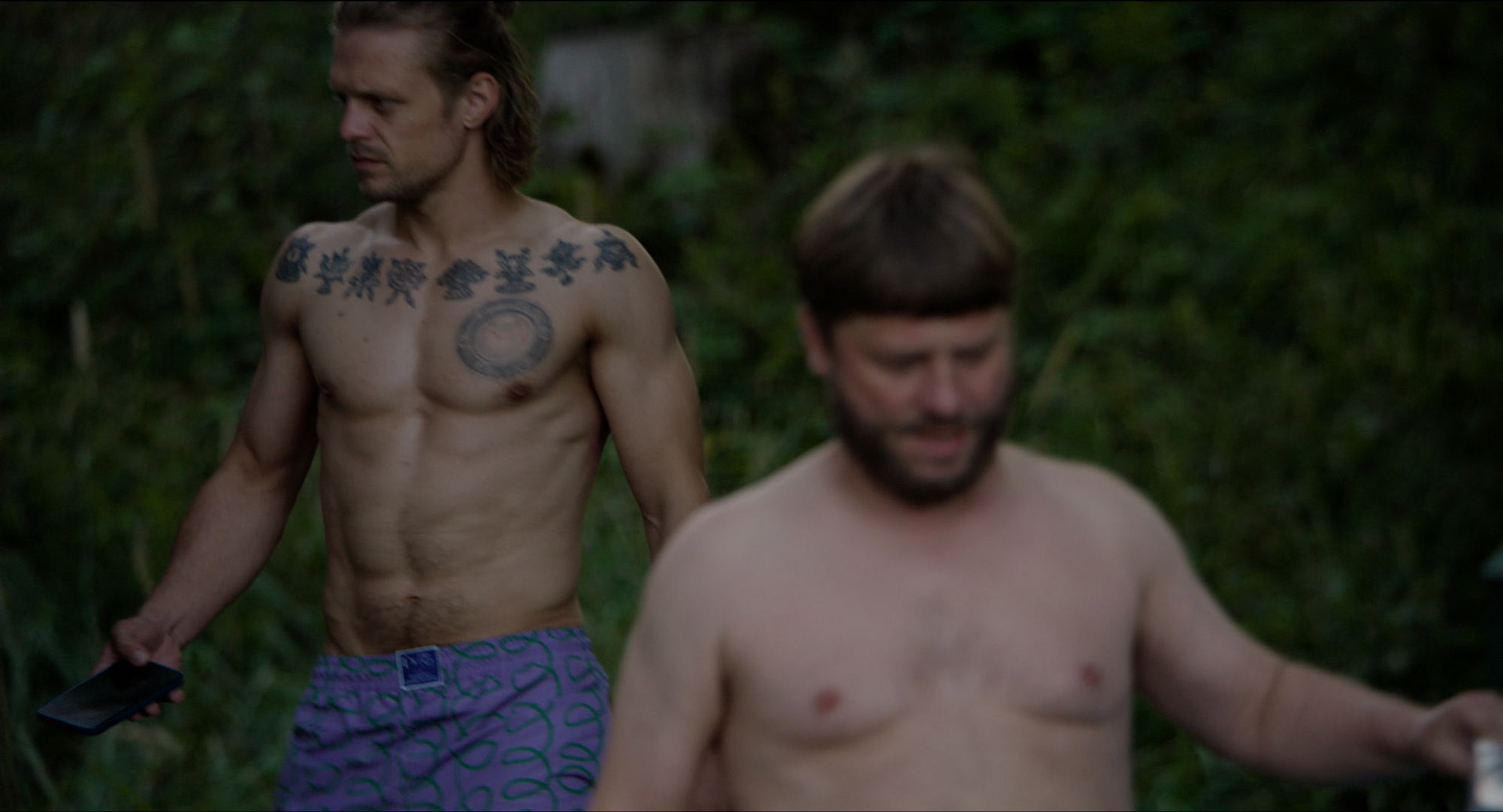
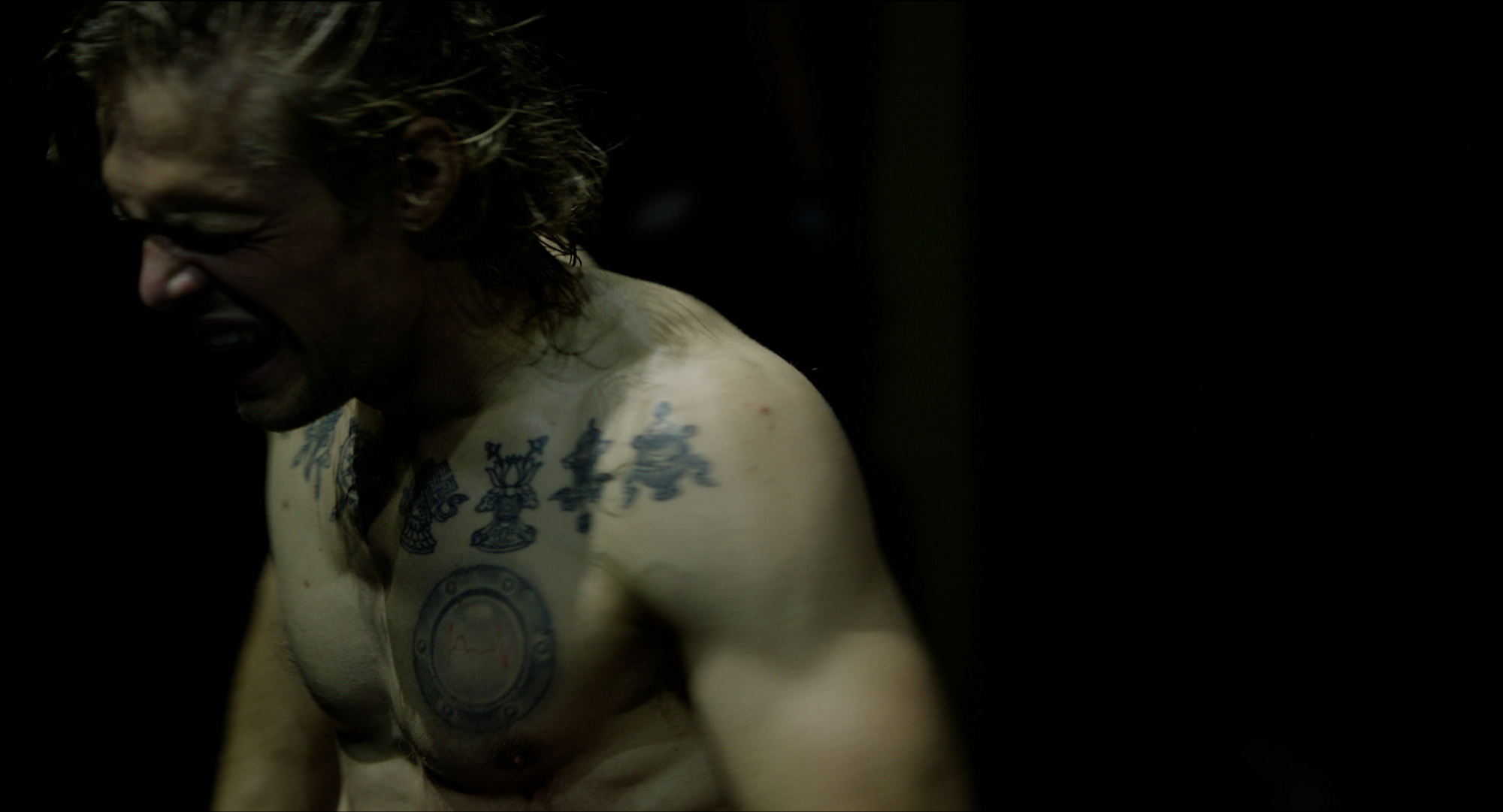
A New Baltic Wave? Or a Full Cinematic Riptide?
This trailer isn't just a promo—it's a signal. Lithuanian cinema is having a moment, and Drowning Dry might just be its sharpest spearhead.
After dominating at last year's Locarno Film Festival (Best Director and Best Ensemble), and representing Lithuania at the 97th Oscars®, Drowning Dry lands stateside with a résumé that would make any indie director jealous. Its premiere at New Directors/New Films kicked off the buzz, but this trailer cements something deeper: we're watching the formation of a new cinematic language.
Bareiša's previous film Pilgrims had already hinted at his love for fractured narrative and emotional minimalism. But Drowning Dry—with its sisters, its silence, its grief-as-structure metaphor—feels more raw, more refined, more cruelly human.
As Variety noted, Bareiša “defies and subverts dramatic conventions.” That's not just a critic's flourish. It's the film's mission statement.
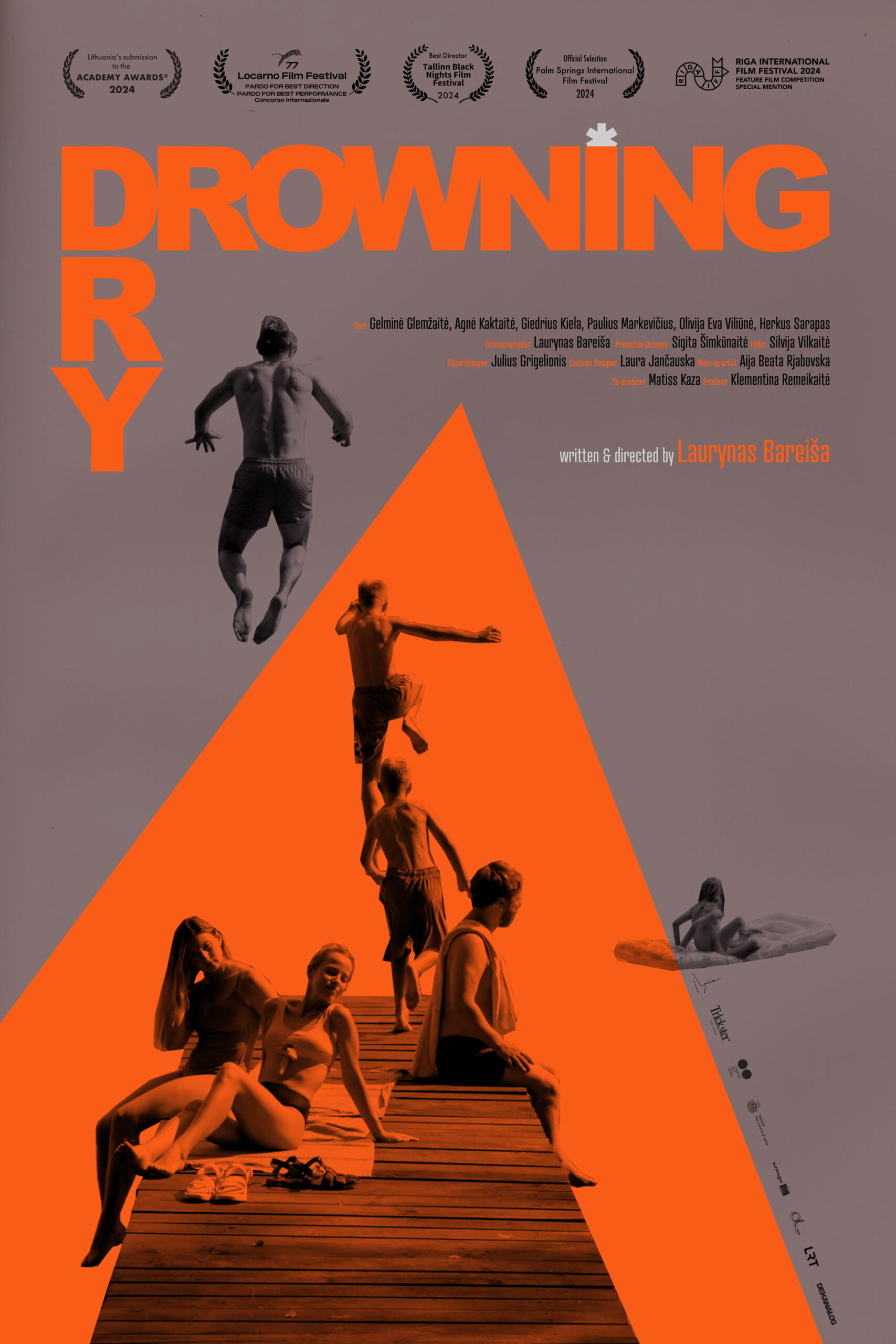
So, what makes this different from your average festival darling?
Because this one hurts in a new way. It's not shock value. It's not melodrama. It's… restraint. And in 2024's trailer landscape—where every indie film wants to be Hereditary or Past Lives—that feels radical.
The Film Stage called it “cruelly funny.” That's not hyperbole. There's a sick humor in how calm everything looks as it falls apart. And that's the kicker: this trailer doesn't ask for your attention. It demands your complicity.
If Drowning Dry's trailer doesn't make your skin crawl in the best way, check your pulse. Or your moral compass.
Would you watch grief unfold in real time—without flinching? Tell me below.

